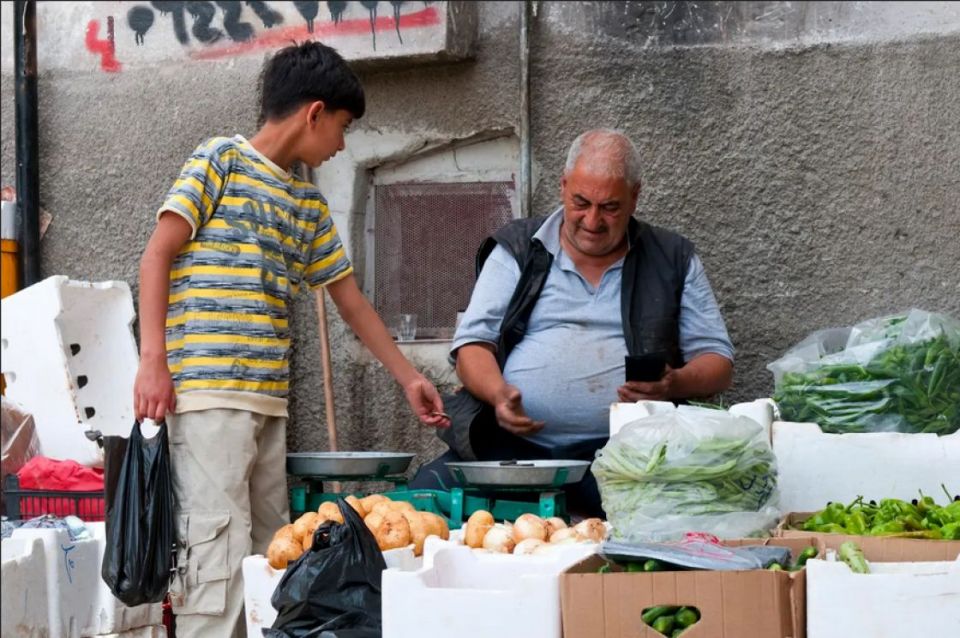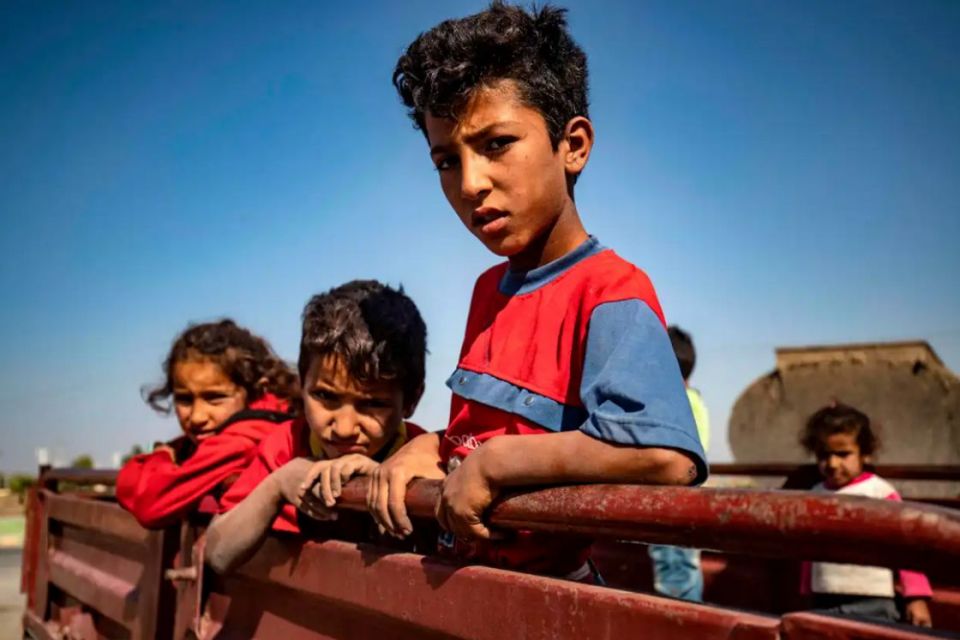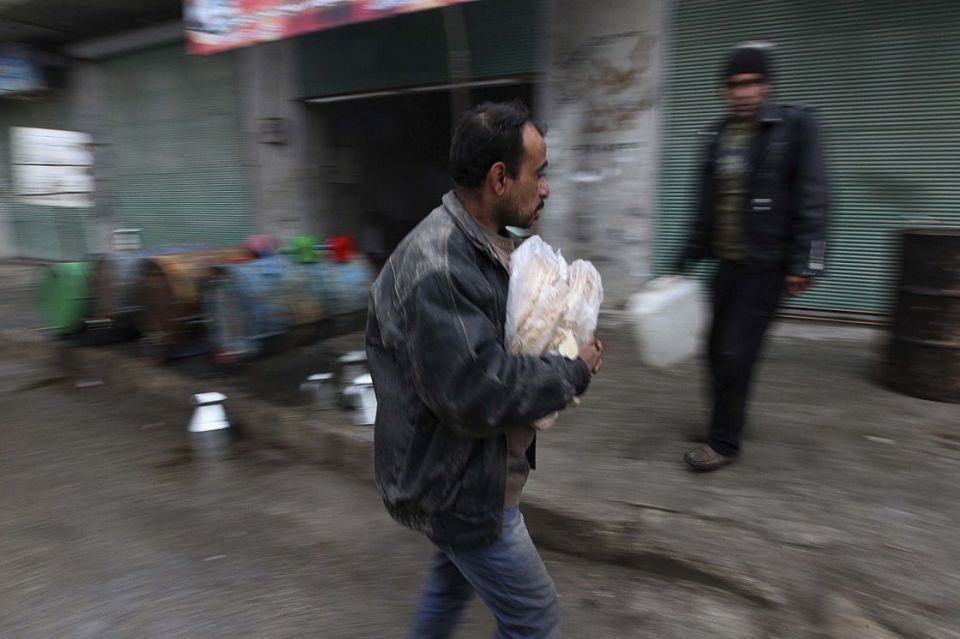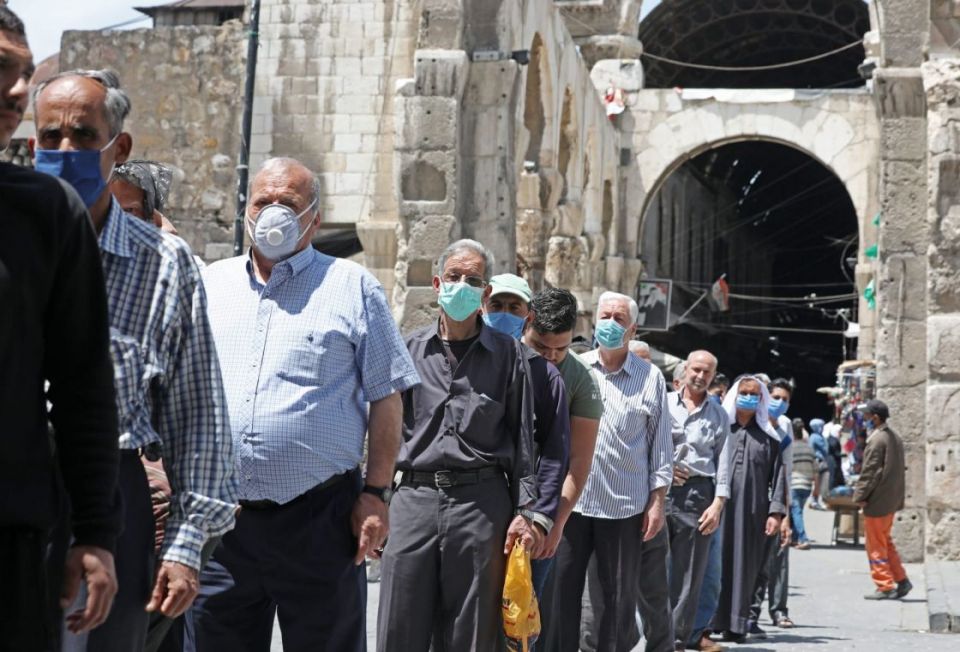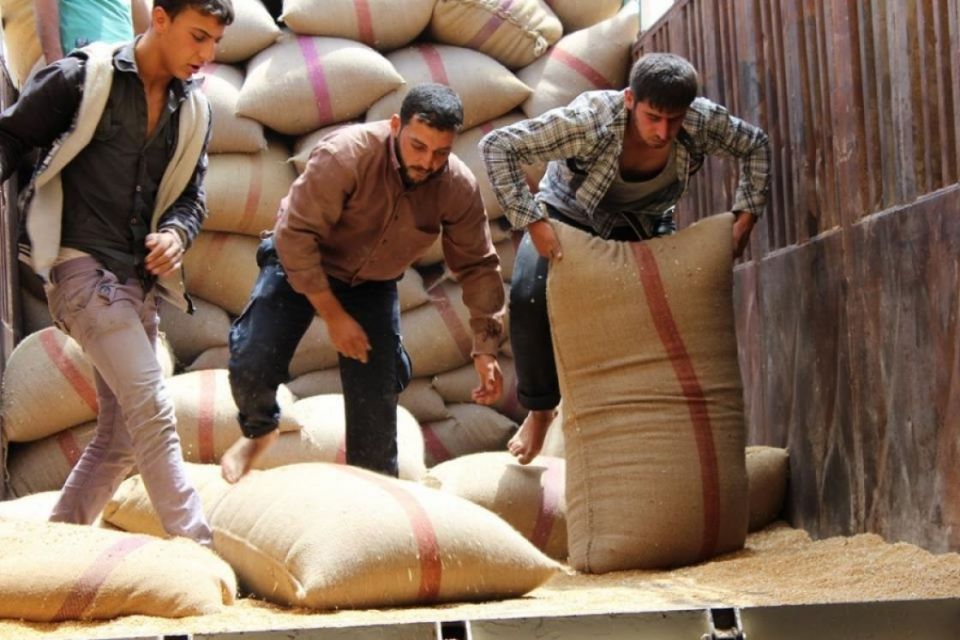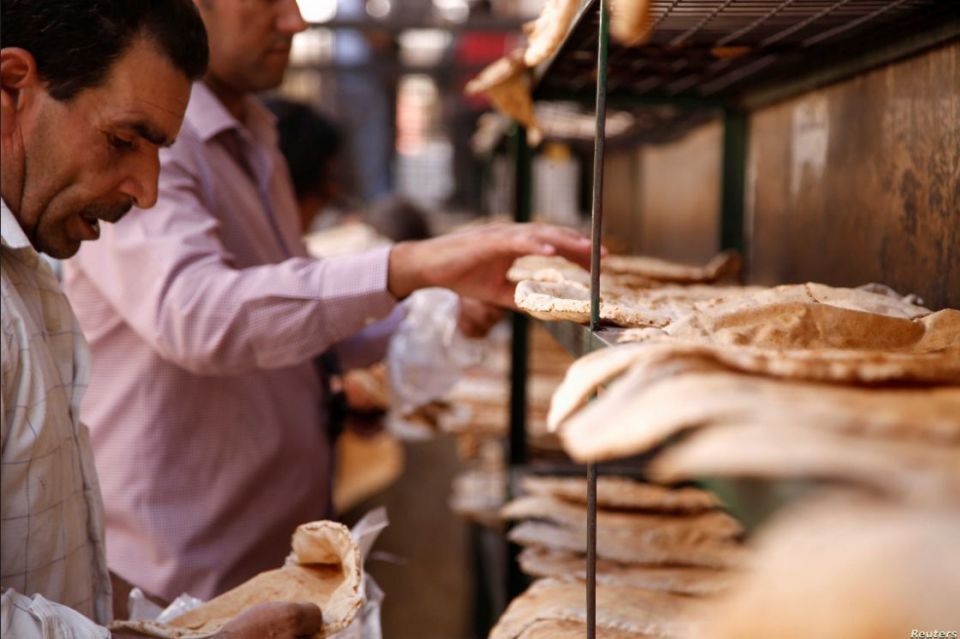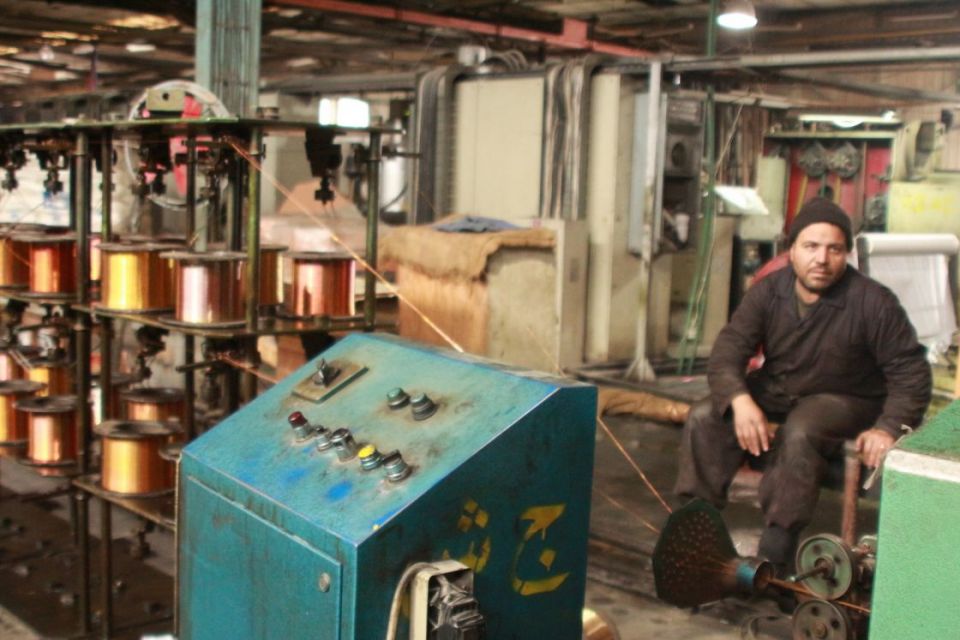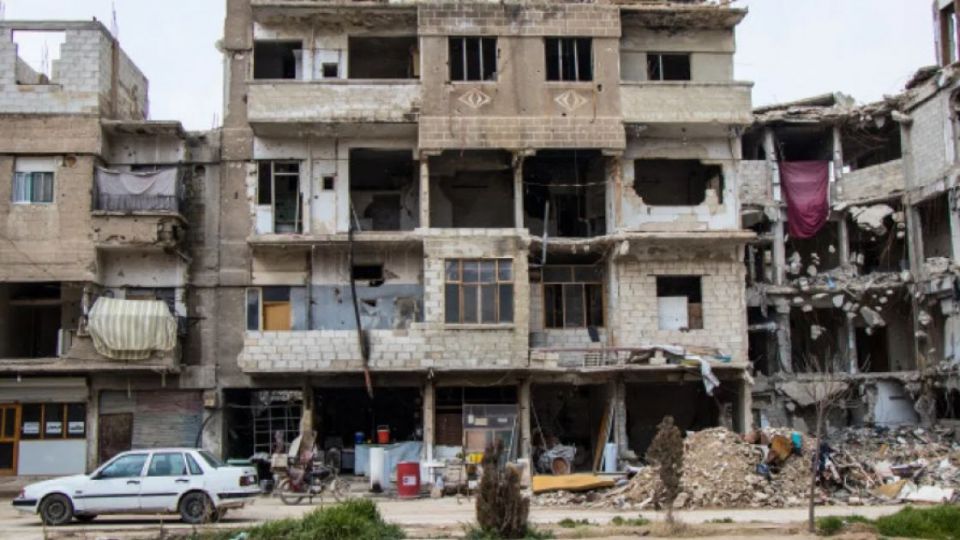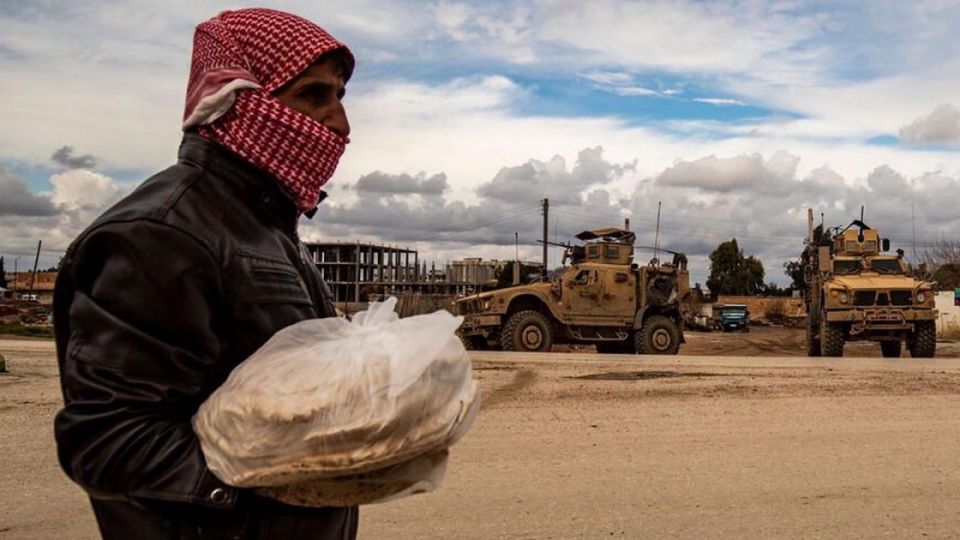2.8 Million: The Average Cost of Living for a Syrian Family at the Beginning of Ramadan 2022
At the beginning of Ramadan 2022, the average cost of living for a Syrian family of 5 has exceeded 2.8 million Syrian pounds according to Kassioun index. It is an unprecedented increase within a record period of time that threatens millions of Syrians who are witnessing a catastrophic gap between the costs of living and the minimum wage of Syrian workers, which remains at the threshold of 92,970 Syrian pounds (i.e., less than half of the cost of the minimum amount of food per working individual alone)!


